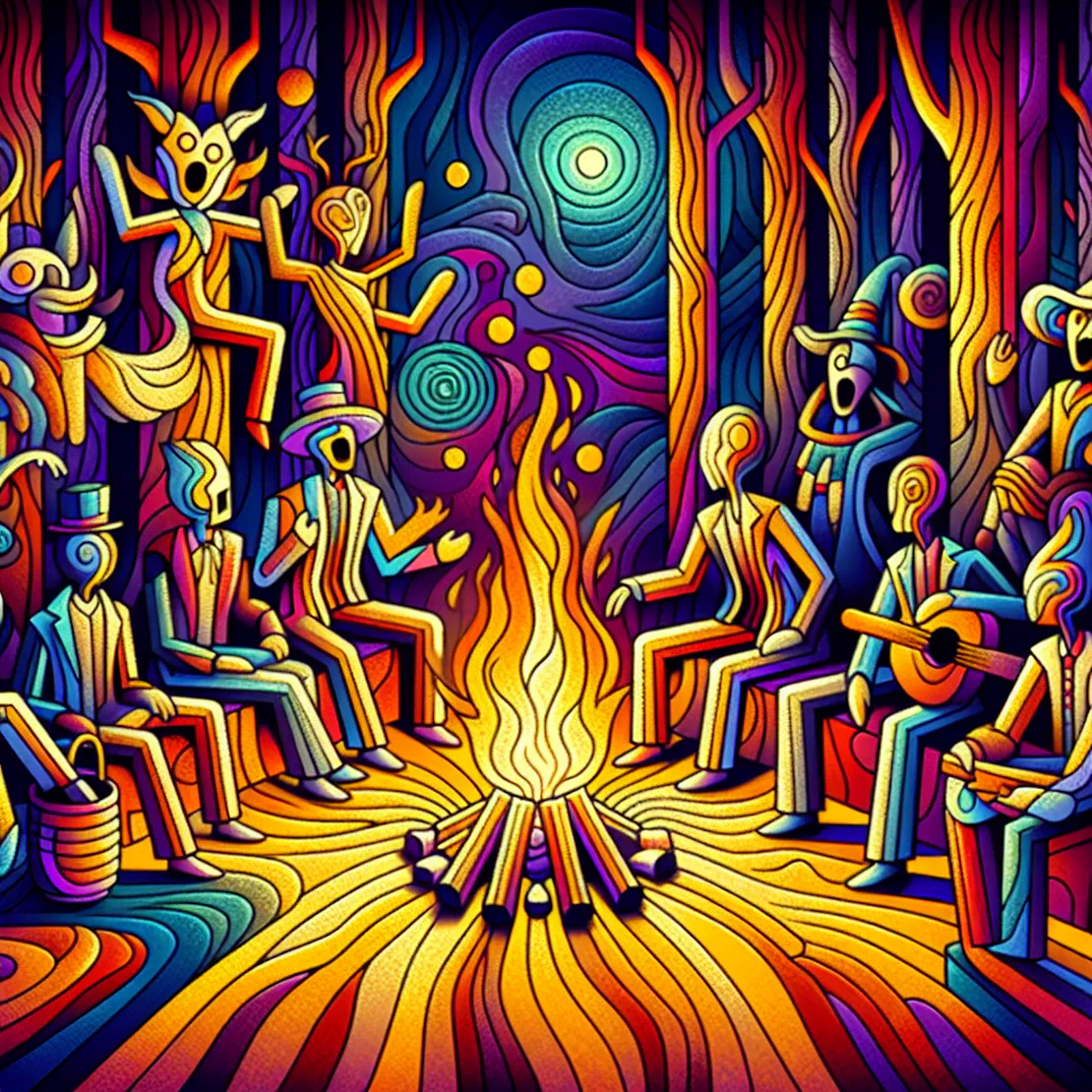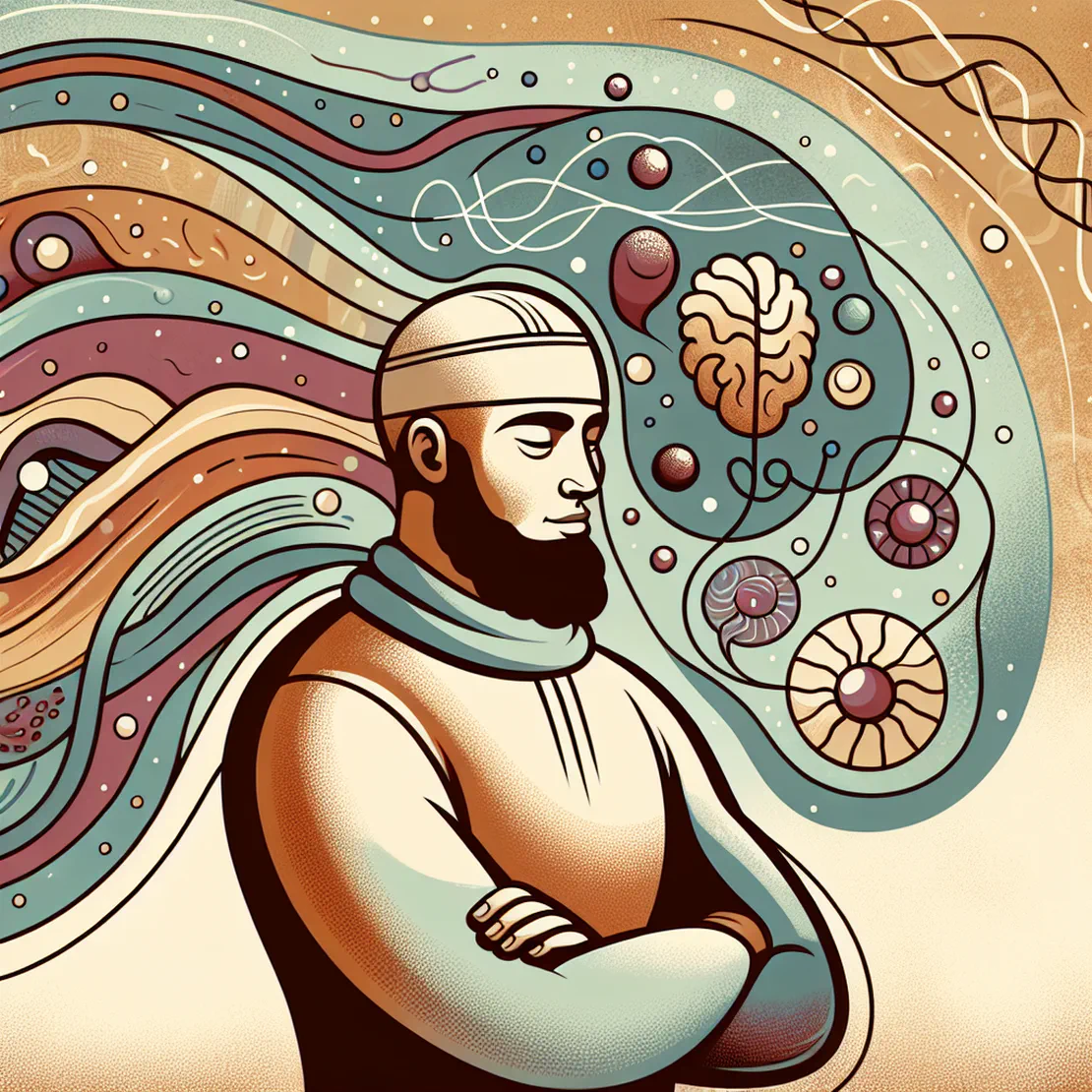
Up in Smoke
- Radiolab
- Fire , Infections , Smoke , Research , Health
- August 9, 2024
Table of Contents
At a Glance
-
Molly Webster hosting and reporting - “Our irrepressibly curious Molly will be on one side and then on the other side will be a scientist or scientists who are on the edge of something totally new.” Molly’s role in bringing unique conversations to the audience.
-
Unusual mold infections in burn patients - “There were an unusual number of mold infections and they were all burn patients.” Highlighting the mysterious outbreak and its impact on patients.
-
Discovery of bacteria and fungi in smoke - “There’s living bacteria in smoke.” Revealing the surprising findings of living organisms in smoke and their potential implications.
-
Implications for human health - “What does it mean for human health?” Addressing the important question of how exposure to wildfire smoke may affect human health.
-
Ecological repercussions of spread of organisms - “I’m equally interested in the role in biodiversity and basically, the biological or ecological repercussions of the spread of these organisms.” Exploring the broader impact of organisms in smoke on ecosystems.
What to Do
-
‘Consider the implications of your actions’ - The speaker emphasizes the importance of thinking about the potential consequences of one’s actions, highlighting the need to be mindful of how our choices can impact others.
-
‘Address unanswered questions’ - It is crucial to acknowledge and seek answers to unanswered questions, as it can lead to a deeper understanding of a situation and help in making informed decisions.
-
‘Look at things from a different perspective’ - By exploring different viewpoints and considering alternative angles, individuals can gain new insights and broaden their understanding of complex issues.
-
‘Take responsibility for addressing important questions’ - The speaker emphasizes the importance of taking responsibility for addressing important questions, especially when it comes to potential health risks and ecological impacts.
What to Get
-
Petri Dishes - Amazon - Used for collecting samples from smoke during a prescribed burn for research purposes.
-
N95 Mask - Amazon - Worn to protect against wildfire smoke while riding a bike.
Summary
In this podcast episode, senior correspondent Molly Webster hosts and reports on a unique story that involves two individuals on opposite ends of the same mystery. The first person, Leda Kobzjar, is a fire ecologist who studies wildfires in remote areas like Idaho and Utah. The second person, Dr. Naomi Hauser, is an infectious disease doctor who works at a busy hospital in California. The story unfolds when Dr. Hauser receives a strange call about an unusual number of mold infections in burn patients, which leads to a discovery of different molds affecting multiple patients.
As Dr. Hauser investigates the source of the mold infections, she uncovers a potential connection to the overwhelming wildfires in the area. The air filters in the hospital were found to be contaminated with wildfire smoke, raising questions about the role of smoke in transporting infectious organisms. The episode delves into the impact of wildfires on human health, particularly in burn patients, and the correlation between wildfire smoke and fungal infections.
The conversation between Leda Kobzjar and Dr. Hauser highlights the need for further research into the infectious organisms present in wildfire smoke and their potential effects on human health. The episode explores the implications of smoke containing life forms and the ecological repercussions of these organisms spreading through the air. Overall, the podcast sheds light on the complex relationship between wildfires, smoke, and the health implications for both humans and the environment.


